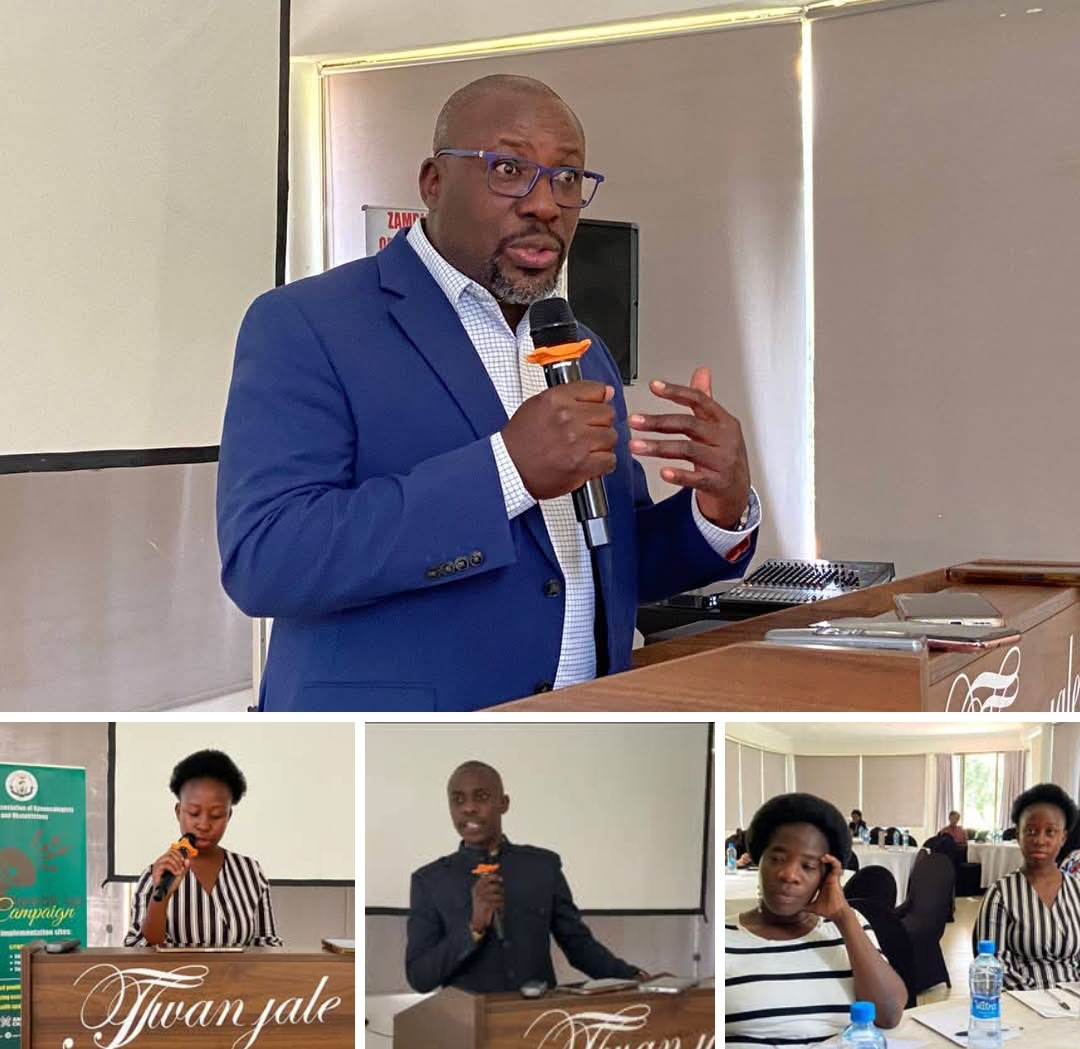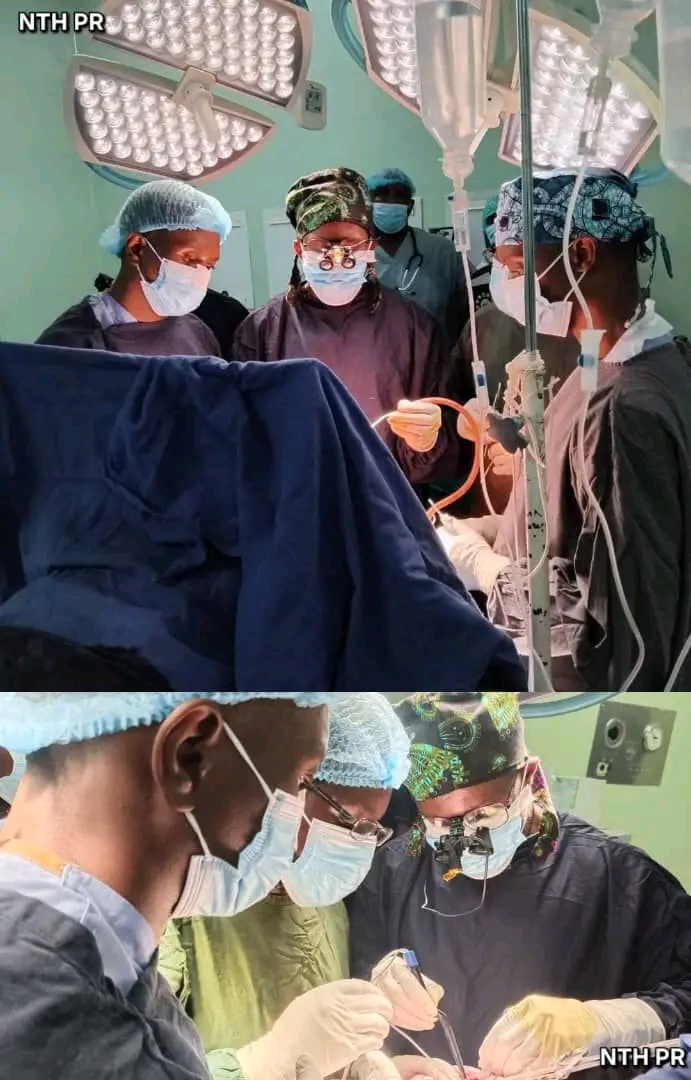THEY arrive at the hospital bleeding, scared and often too late because behind closed doors at Zambia’s largest referral hospital, women – some in their teen age, fill emergency beds after attempting to terminate pregnancies with sharp sticks, herbs or overdose pills.
https://www.facebook.com/share/p/19fhFyUjX6
This is a crisis the Zambia Association of Gynaecologists and Obstetricians (ZAGO) says is not only preventable but unacceptable.
ZAGO expressed concern on the devastating impact of unsafe abortions in Zambia, revealing that 30 to 50 percent of beds in the University Teaching Hospital’s Gynaecology Emergency Ward are occupied by abortion-related cases, with 15 percent of all uterine evacuations daily linked to unsafe procedures.
Despite Zambia having a legal framework of the 1972 Termination of Pregnancy Act, ZAGO secretary general Quangy Siamalambwa stated that the process is burdened by bureaucratic delays, including the requirement for three doctors’ signatures, and deeply rooted stigma, which pushes women to dangerous, illegal alternatives.
Speaking at a media conference on sexual reproductive health on Thursday, Siamalambwa believes that the crisis doesn’t start in the emergency ward but begins much earlier, with the lack of access to modern contraceptives and accurate reproductive health information.
“If we truly want to reduce maternal deaths, the solution is simple: invest in contraception. Prevent the unintended pregnancy, and you prevent the unsafe abortion,” said Siamalambwa.
He advocated for a full package of services including pre-abortion counseling, safe and legal abortion procedures where he indicated, post-abortion care and most critically, immediate access to contraception to prevent repeat unintended pregnancies.
Zambia Medical Association (ZMA) president Masiku Phiri emphasised the importance of Comprehensive Sexuality Education (CSE) in empowering young people to make informed choices about their sexual and reproductive health.
“Comprehensive Sexuality Education is not just a health tool, it is a critical framework for promoting adolescent well-being, gender equality, and human rights,” Phiri said.
And Medical Women’s Association of Zambia (MWAZ) president Joyce Sakala revealed that teenage pregnancy remains one of Zambia’s most urgent health and social challenges, threatening not only the lives of adolescent girls but also the country’s broader development agenda.
Meanwhile, Civil Society Organisations representative Amos Mwale called on the government to prioritise funding for health promotion, stressing the need for greater investment in preventive care and youth-focused reproductive health services.
And 16-year-old Lisa Halimwi, who spoke on behalf of adolescents warned that misinformation, stigma, and social judgment often discourage young people from seeking help, contributing to unsafe practices, unintended pregnancies, and the spread of sexually transmitted infections.
However, this message comes as Zambia prepares to join the rest of Africa in commemorating International Safe Abortion Day, observed annually on September 28.
Story and pictures by Sharon Zulu
Kalemba September 27, 2025





